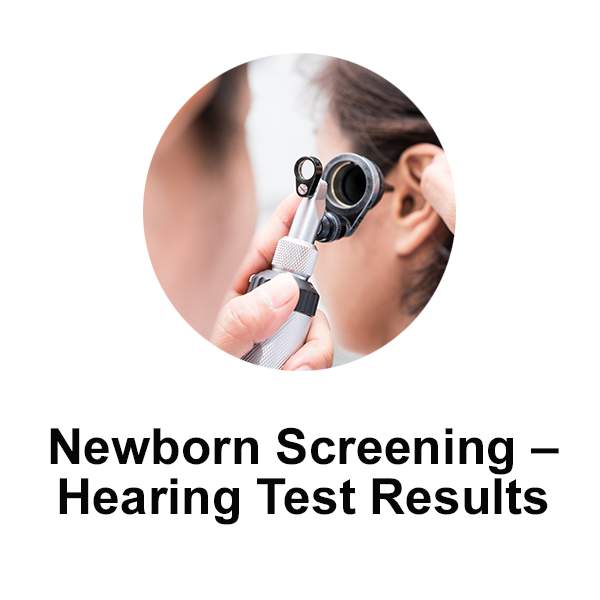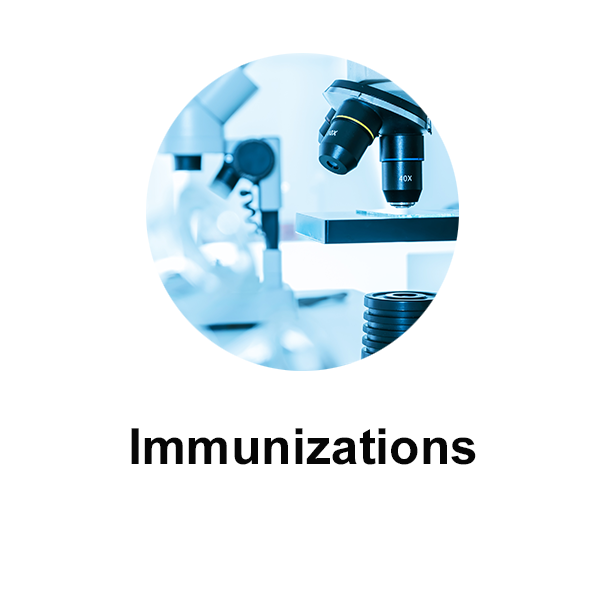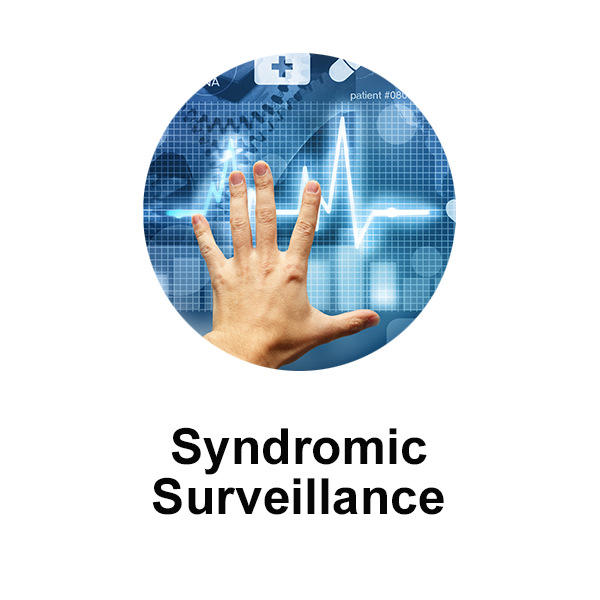Health Information for The State
The purpose of this use case is to set forth the requirements for participating organizations to submit Health Information to MiHIN and on to the applicable State government organization for the purpose of public health and other health reporting and/or the State to receive such information.

About this Scenario:
Newborn Screening – Hearing Test Results
This use case scenario enables electronic messages that contain newborn hearing test results to be sent from hospital electronic health records to the Michigan Department of Health and Human Services using Health Level 7 messages that are routed through the health information network.
Early detection of hearing loss in babies and subsequent intervention is key to treatment and improving quality of life for the child.
The newborn screening mandate in Michigan Public Health code section 333.5431 requires hospitals to screen newborn babies for hearing loss and report hearing test and screening results to the Early Hearing Detection & Intervention program at the Michigan Department of Health and Human Services (MDHHS).

About this Scenario:
Submit Immunizations
This use case scenario describes the requirements for healthcare providers to use the health information network to automatically, electronically send immunization records through a state’s Department of Health to the state’s IIS.
Immunizations must be closely monitored to ensure they are administered correctly and in a timely fashion.
Healthcare providers (including pharmacies) in Michigan are required to report immunizations to the state immunization information system (IIS) within 72 hours of administration.

About this Scenario:
Syndromic Surveillance
This use case scenario sets forth requirements for providers to send real-time, electronic syndromic surveillance data to a state syndromic surveillance system.
A syndromic surveillance system provides real-time situational awareness of potential public health threats and emergencies.
In Michigan, the Michigan Syndromic Surveillance System (MSSS) sends alerts to Michigan public health officials when unusual increases in symptom presentations are detected, allowing Michigan Department of Health and Human Services (MDHHS) epidemiologists to analyze findings, investigate further, and contact local public health agencies and providers.
